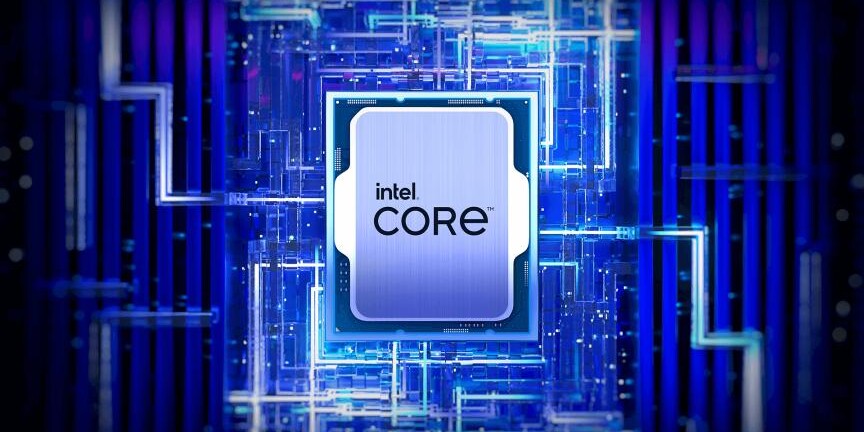According to the information, the eTVB malfunction is (also) responsible for the problems with the 13th and 14th generation processors.
Igor's laboratory published a not yet officially available document on tests analyzing the unstable operation of Intel K-series processors of the thirteenth and fourteenth generations. There has been talk of starting these investigations, and according to them there are already results, but it is not yet known when the full material will be published. What you can actually see from this shorter article is that one of the reasons for the stability issues of the high-end Raptor Lake and Raptor Lake Refresh CPUs will be a glitch in the enhanced thermal speed boost.
The thermal speed boost itself is not a new function, of course, it has been refined a lot since its release (as the improved prefix for the version released with Raptor Lake shows). The important point is that the maximum clock signal available to the processor is not fixed, instead the system decides this based on the current CPU temperature and the available performance window. This also means that the value may rise above the officially set maximum Turbo frequency. Based on Intel's tests, this is the point where the error occurs, as the system sometimes incorrectly calculates the voltage values that can still be allowed for the set temperature, thus practically “overshooting” the CPU. The document also asks customers to update the CPU microcode in BIOS to at least version 0x125 by July 19 at the latest.












































